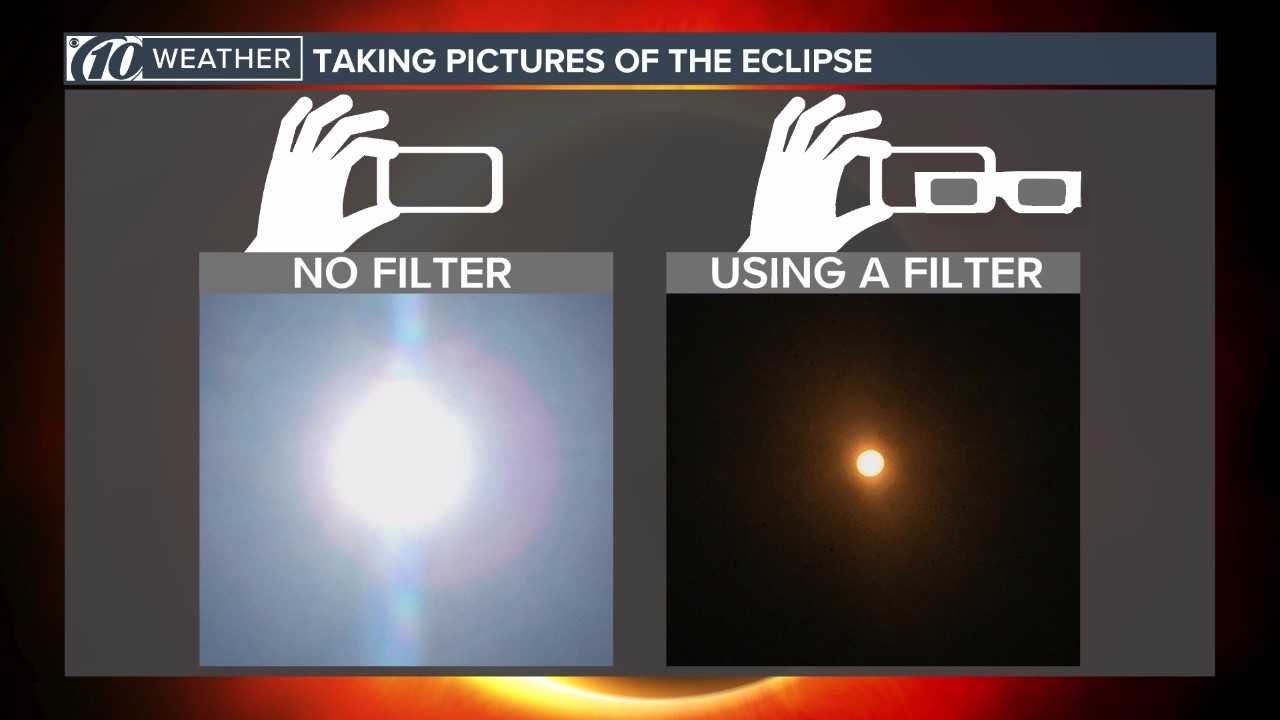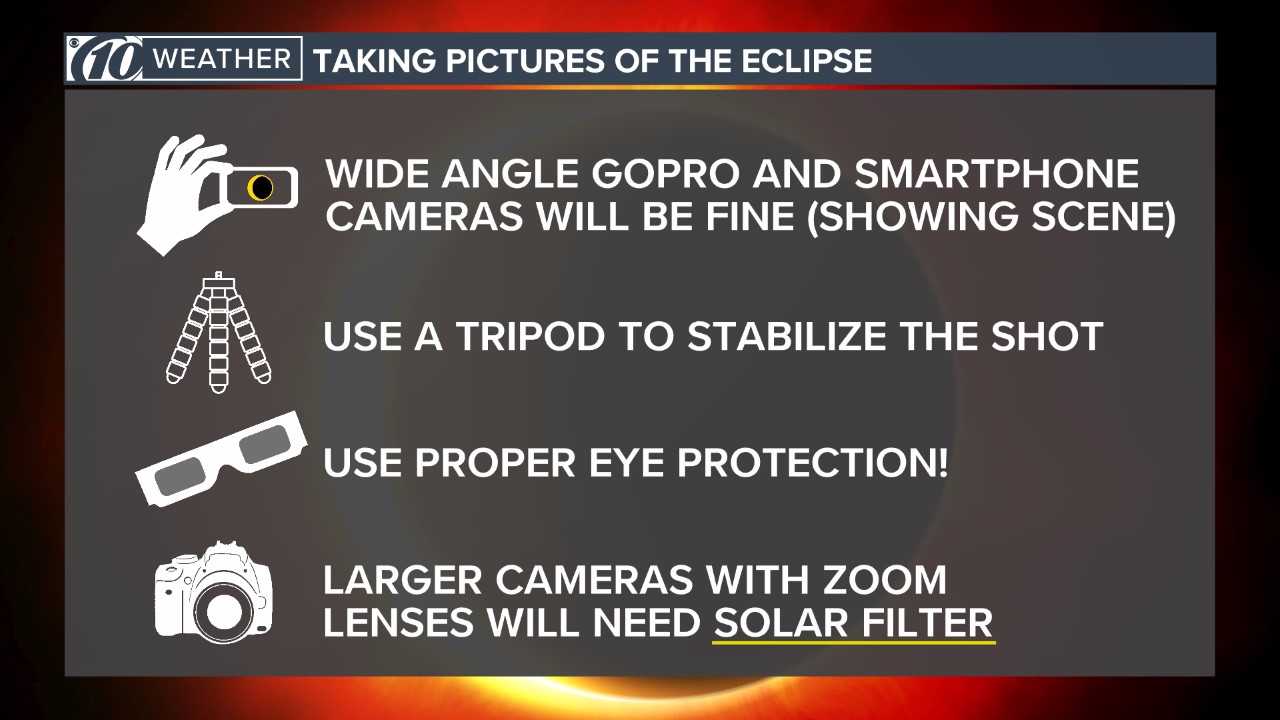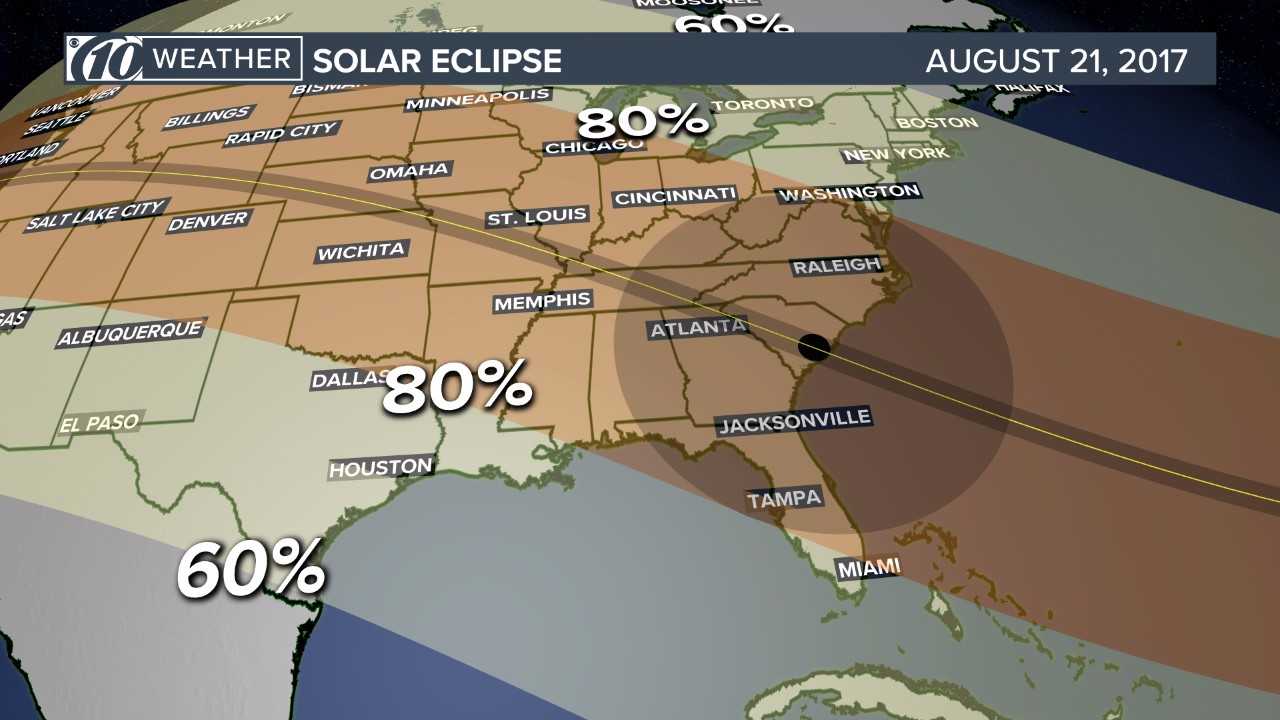Is Looking At Eclipse Worse Than Sun: Understanding The Risks And Protective Measures
Looking directly at the sun during an eclipse can indeed cause severe damage to your eyes, and in some cases, it may be even more dangerous than staring at the sun on a regular day. This phenomenon occurs due to the unique conditions of an eclipse, which can trick the human eye into believing it's safe to look directly at the sun. However, this is far from true, and understanding the risks is crucial to protecting your vision.
The fascination with eclipses has been a part of human history for centuries. People across the globe gather to witness these astronomical events, but many underestimate the potential harm they pose to eye health. In this article, we will delve into why looking at an eclipse can be worse than staring directly at the sun and explore the necessary precautions to stay safe.
Our aim is to provide you with comprehensive information about the dangers of eclipse viewing, backed by scientific research and expert advice. By the end of this article, you will have a clear understanding of how to protect yourself and your loved ones during the next eclipse.
Read also:Fpl Player Price Changes Your Ultimate Guide To Mastering Fantasy Premier League
Table of Contents
- Introduction to Eclipses
- Why Is Looking at Eclipse Dangerous?
- How Does Solar Eclipse Affect Eyes?
- Comparing Eclipse and Sun Damage
- Precautions During Eclipse Viewing
- Types of Eye Protection
- Common Myths About Eclipse Safety
- Scientific Studies on Eclipse Impact
- Historical Incidents of Eclipse Damage
- Conclusion and Call to Action
Introduction to Eclipses
An eclipse is a celestial event that occurs when the moon passes between the Earth and the sun, partially or fully blocking the sun's light. There are two main types of eclipses: solar and lunar. A solar eclipse happens when the moon blocks the sun, while a lunar eclipse occurs when the Earth comes between the sun and the moon.
Among the two, solar eclipses are particularly captivating because they allow observers to witness the sun's corona, a glowing ring of light surrounding the moon. However, this mesmerizing sight comes with risks, as looking directly at the sun during an eclipse can cause permanent eye damage.
What Makes Solar Eclipses Unique?
Solar eclipses are unique because they create an illusion that it is safe to look at the sun. During the partial phases of an eclipse, the sun's brightness diminishes, making it tempting to stare at it without protection. This is where the danger lies, as the human eye is not equipped to handle the intense radiation emitted by the sun, even during an eclipse.
Why Is Looking at Eclipse Dangerous?
Looking at an eclipse without proper protection is dangerous because the sun emits harmful ultraviolet (UV) rays, infrared radiation, and visible light. These rays can penetrate the eye and cause damage to the retina, a condition known as solar retinopathy.
Understanding Solar Retinopathy
Solar retinopathy occurs when the retina is exposed to intense sunlight. The retina is a delicate layer of tissue at the back of the eye responsible for converting light into signals that the brain interprets as images. When exposed to direct sunlight, the retina can suffer thermal and photochemical damage, leading to temporary or permanent vision loss.
How Does Solar Eclipse Affect Eyes?
During an eclipse, the sun's rays are just as harmful as they are on a regular day. The difference lies in the perception of brightness. When the moon partially covers the sun, the reduced light tricks the eye into believing it is safe to look directly at the sun. However, the invisible UV rays and infrared radiation continue to penetrate the eye, causing damage.
Read also:Is Kovu Scars Son Unraveling The Lion King Legacy
Key Points:
- UV rays can burn the retina, leading to solar retinopathy.
- Infrared radiation can cause thermal damage to the eye's tissues.
- Visible light can overstimulate the photoreceptor cells in the retina, leading to cell death.
Comparing Eclipse and Sun Damage
While both staring at the sun on a regular day and during an eclipse can cause eye damage, the risks are slightly different. During an eclipse, the reduced brightness makes it easier for people to stare at the sun for extended periods without realizing the danger. This prolonged exposure increases the likelihood of severe damage.
Factors That Increase Risk
Several factors contribute to the increased risk of eye damage during an eclipse:
- Duration of Exposure: People tend to look at the sun for longer periods during an eclipse.
- Reduced Brightness: The moon's shadow reduces the sun's brightness, making it less uncomfortable to stare directly at it.
- Curiosity: The novelty of an eclipse often leads people to disregard safety precautions.
Precautions During Eclipse Viewing
To enjoy the beauty of an eclipse safely, it is essential to take the necessary precautions. Here are some tips to protect your eyes during an eclipse:
Essential Safety Measures
- Use ISO-certified eclipse glasses or solar viewers.
- Avoid looking at the sun through unfiltered cameras, telescopes, or binoculars.
- Never use regular sunglasses or homemade filters to view the eclipse.
- Stay indoors during the peak of the eclipse if you do not have proper eye protection.
Types of Eye Protection
There are several types of eye protection specifically designed for eclipse viewing. These include:
Eclipse Glasses
Eclipse glasses are specially designed to filter out harmful UV and infrared rays while allowing safe viewing of the sun. They are made with materials that meet the international safety standard ISO 12312-2.
Welding Glasses
Welding glasses with a shade number of 12 or higher can also be used for eclipse viewing. However, they may not be as comfortable or convenient as eclipse glasses.
Common Myths About Eclipse Safety
There are several misconceptions about eclipse safety that can lead to dangerous behavior. Here are some common myths:
Myth: Sunglasses Provide Enough Protection
Fact: Regular sunglasses do not provide adequate protection against the sun's harmful rays during an eclipse. Only ISO-certified eclipse glasses or solar viewers are safe to use.
Myth: It Is Safe to Look at the Sun During Totality
Fact: While it is safe to look at the sun during the brief period of totality, it is crucial to use proper protection during the partial phases of the eclipse.
Scientific Studies on Eclipse Impact
Several scientific studies have documented the effects of eclipse viewing on eye health. A study published in the Journal of the American Medical Association found that solar retinopathy is a significant risk during eclipses, with symptoms ranging from blurred vision to permanent vision loss.
Key Findings
- Solar retinopathy can occur after just a few seconds of unprotected exposure to the sun.
- Children and young adults are particularly vulnerable due to their clearer lenses, which allow more UV rays to reach the retina.
Historical Incidents of Eclipse Damage
Throughout history, there have been numerous reports of eye damage caused by improper eclipse viewing. For example, during the 1999 solar eclipse in Europe, hundreds of people reported vision problems after staring at the sun without protection.
Lessons Learned
These incidents highlight the importance of educating the public about eclipse safety. By raising awareness and promoting the use of proper eye protection, we can prevent future cases of solar retinopathy.
Conclusion and Call to Action
Looking at an eclipse can indeed be worse than staring directly at the sun due to the reduced brightness and prolonged exposure during the event. To protect your eyes and enjoy the beauty of an eclipse safely, always use ISO-certified eclipse glasses or solar viewers.
We encourage you to share this article with your friends and family to help spread awareness about eclipse safety. Leave a comment below if you have any questions or experiences to share. Together, we can ensure that everyone enjoys the wonders of the universe without compromising their vision.


